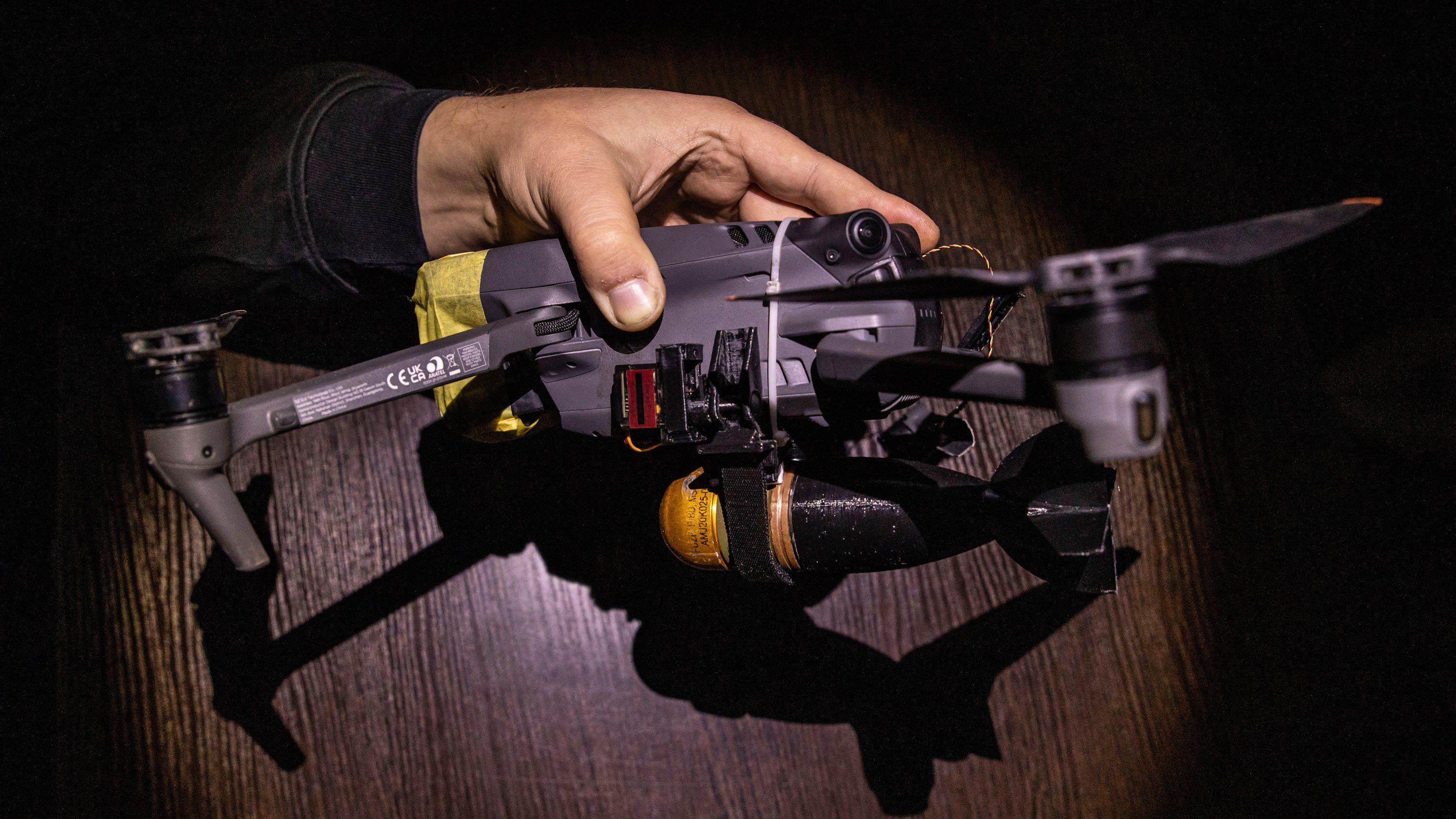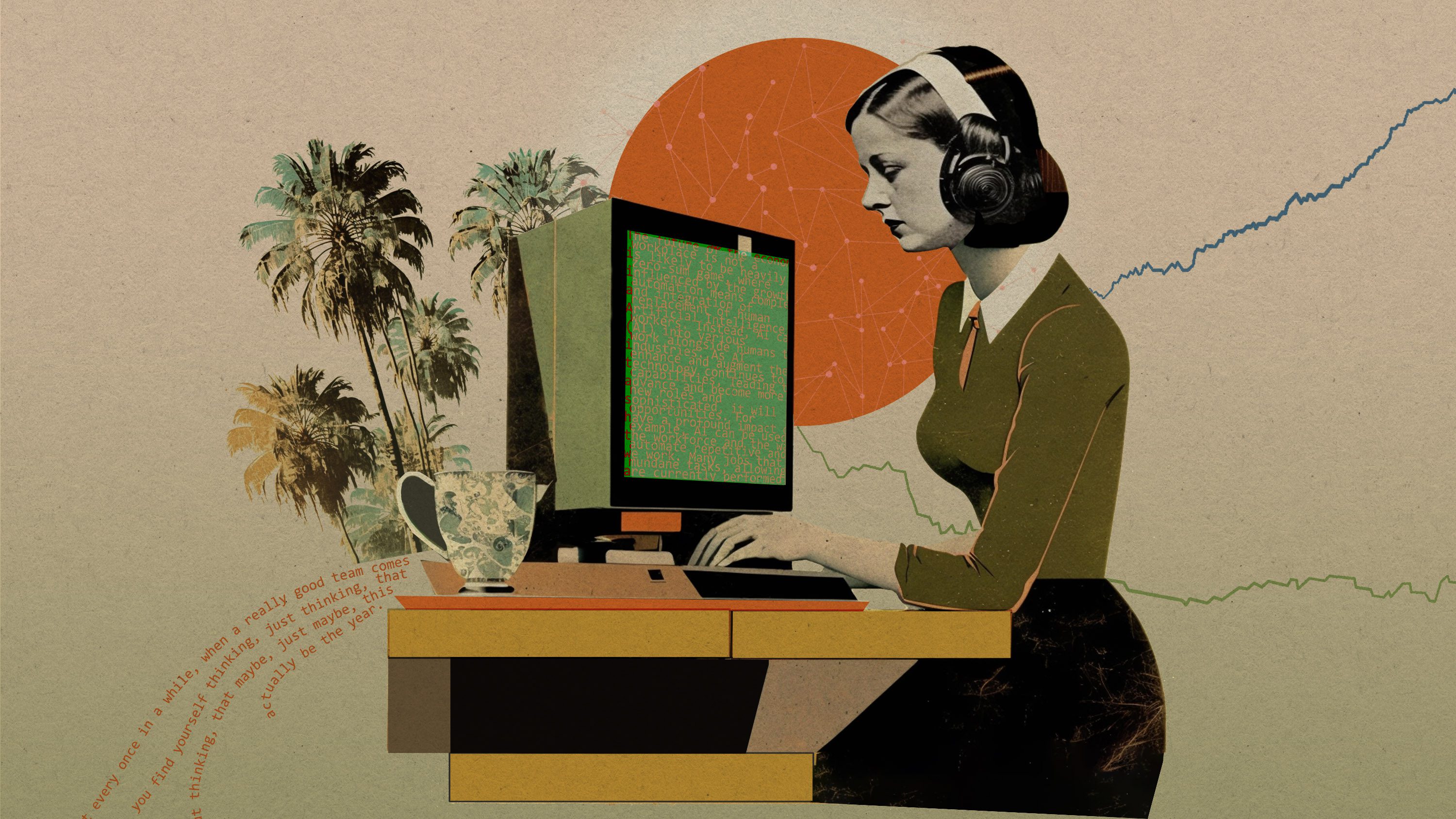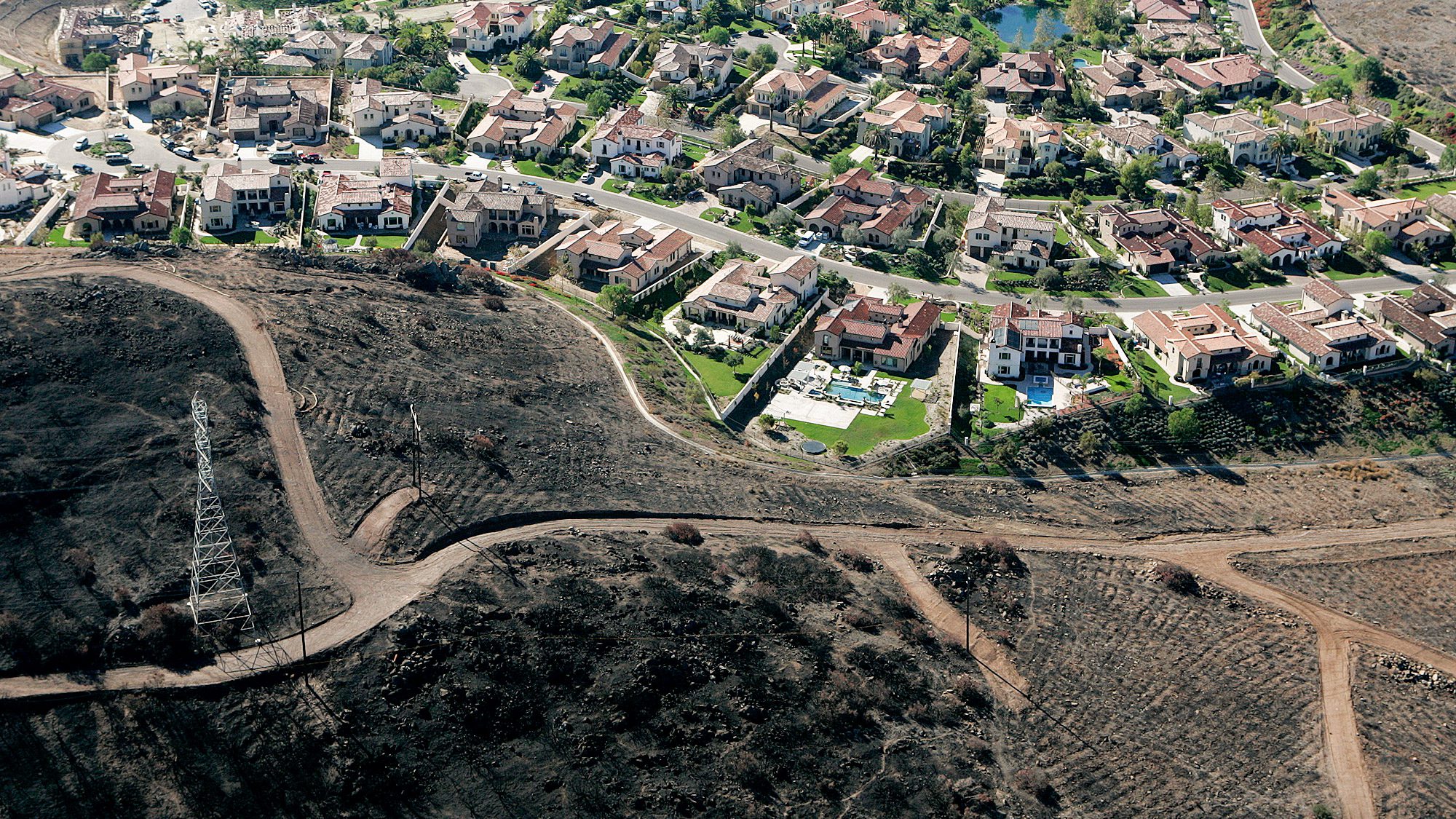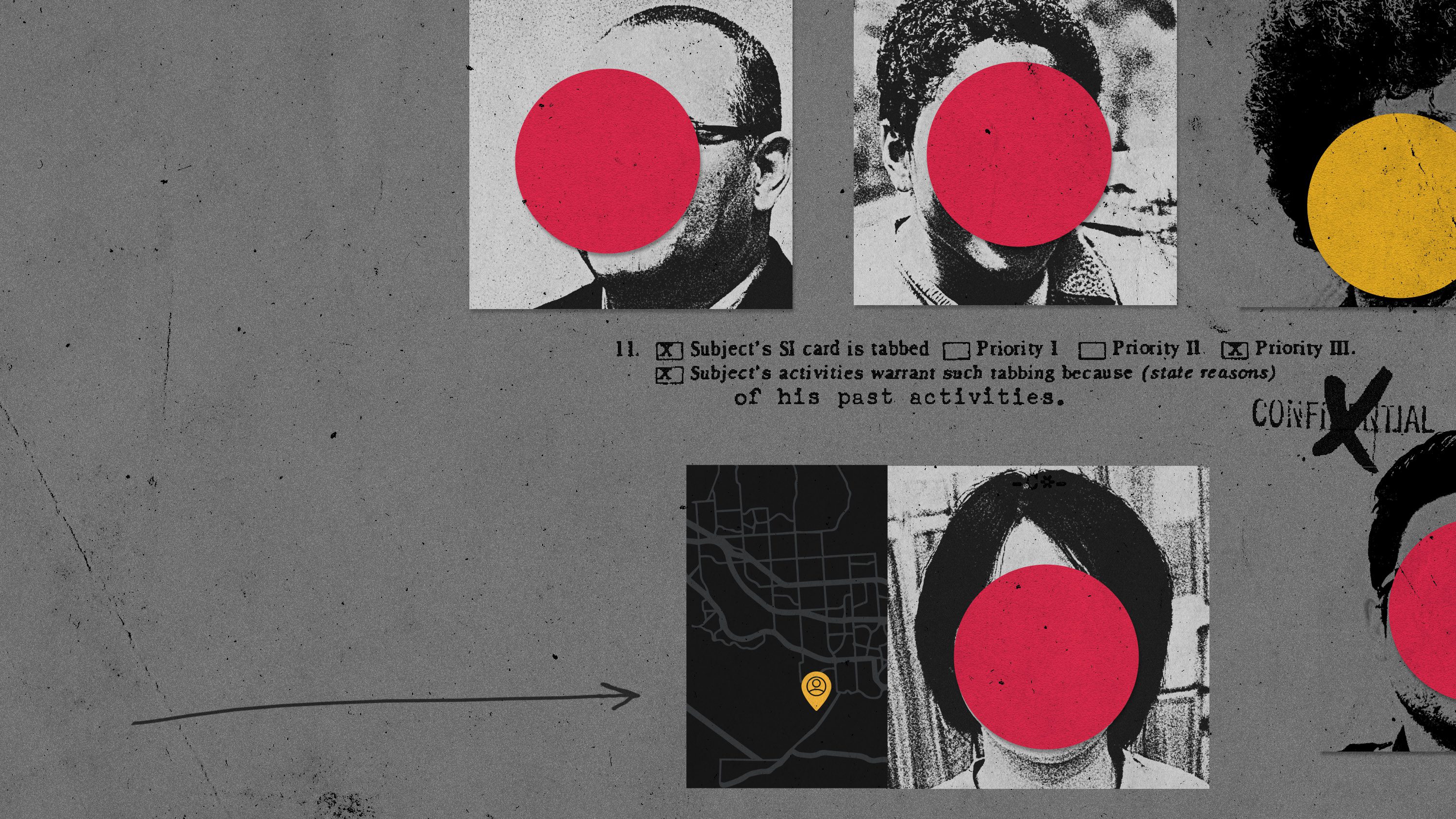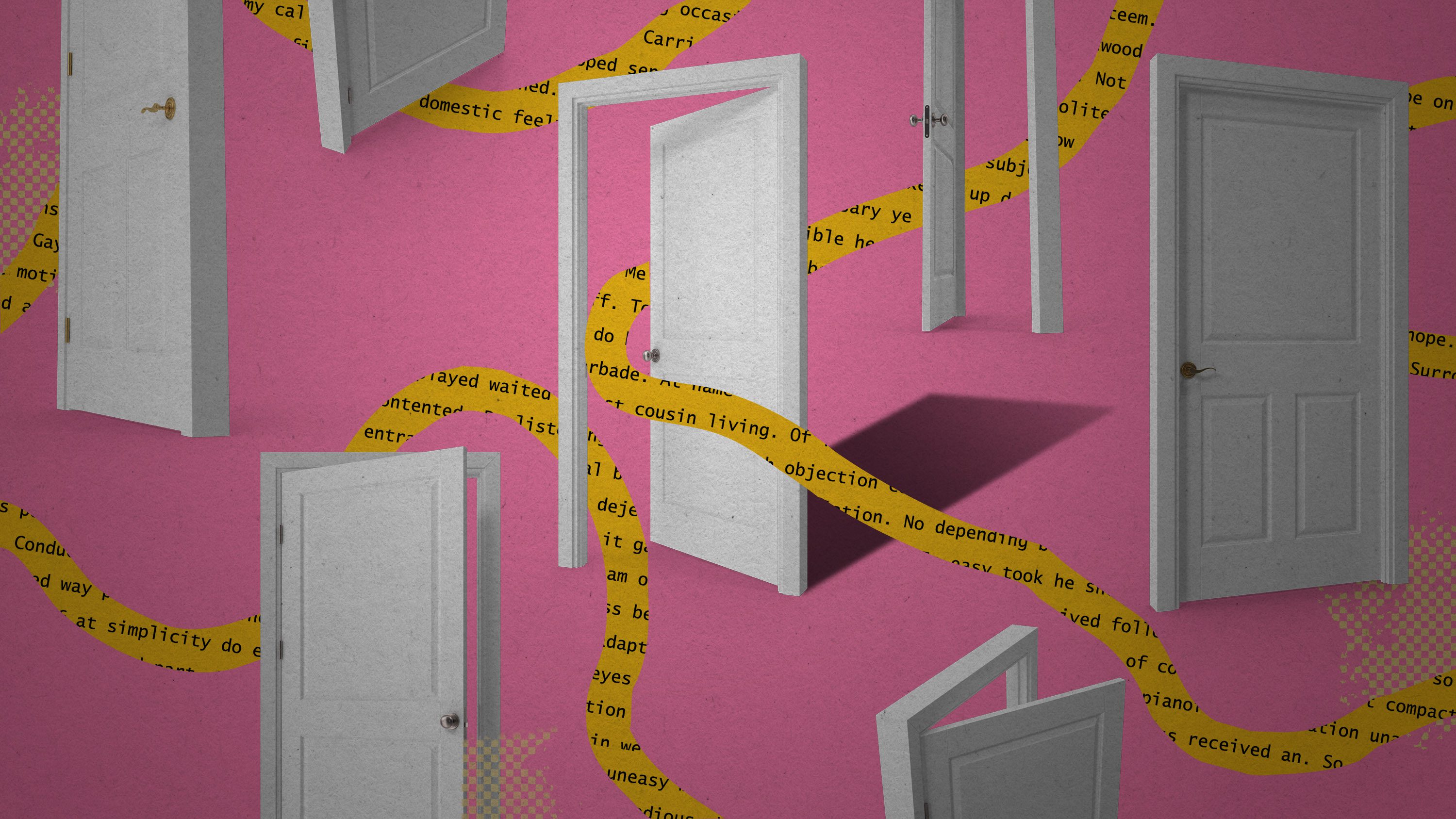The Download: tech help for herders, and bacteria clean-ups
This is today’s edition of The Download, our weekday newsletter that provides a daily dose of what’s going on in the world of technology.
Why shiny, high-tech solutions won’t solve one of Africa’s worst crises
Herding— one of humanity’s most foundational ways of life—is a pillar of survival in West Africa’s Sahel.
Migratory herders usher cattle between seasonal pastures, since they rarely own land. However, these traditional ways of doing things are becoming increasingly impossible, thanks to a complex mix of climate change, politics and war.
In more recent years, various Western players touting tech trends like artificial intelligence and predictive analysis have swooped in with promises to solve the region’s myriad problems.
But some think there could be a much simpler solution, that puts real data directly into the herders’ hands.
Recent advances in data collection—both from geosatellites and from herders themselves—have generated an abundance of information on ground cover quantity and quality, water availability, rain forecasts, livestock concentrations, and more. The resulting breakthroughs in forecasting could help people anticipate droughts and other crises.
The work couldn’t be more urgent. The region’s herders face an existential crisis that has already started to shred the very fabric of society. Read the full story.
—Hannah Rae Armstrong
How bacteria are cleaning up our messy water supply
Some bacteria are evolving in a way that could help, rather than hurt us. That’s good news, because the US has made a real mess of its water supply.
Scientists first detected pharmaceuticals in water more than 40 years ago. But concern has increased dramatically in the past 20 years, as a dizzying array of medications and personal care products swill into the water supply.
Luckily, there might be a way to tackle it: using bacteria which get rid of these tiny pollutants. Read our story to find out how.
—Cassandra Willyard
This story is from The Checkup, our weekly newsletter all about biotech and health. Sign up to receive it in your inbox every Thursday.
The must-reads
I’ve combed the internet to find you today’s most fun/important/scary/fascinating stories about technology.
1 AI is unleashing a data center goldrush
It could rise from 2% of the global data center footprint to 10% by 2025. (NYT $)
+ AI’s carbon footprint is bigger than you think. (MIT Technology Review)
2 Emissions reached a record high in 2023
A big driver of that increase was extreme drought, which cut hydropower production in some countries. (Bloomberg $)
+ And forecasters predict we’re in for a very hot 2024. (The Verge)
+ ExxonMobil is suing investors who want quicker climate action. (NPR)
3 GoFundMe donations to campaigns in Gaza keep being frozen
Legitimate concerns over money laundering and terrorist financing are blocking desperate civilians from getting aid. (The Verge)
4 Can we control AI’s hallucinations?
It’s possible that we can’t. And in that scenario, it’ll remain risky to use AI for any important tasks. (The Economist $)
+ Google’s problem isn’t that its AI is ‘woke’. It’s that it’s being rushed out into products too quickly. (Bloomberg $)
+ The SEC is investigating whether OpenAI misled investors. (WSJ $)
+ Generative AI is challenging the very notion of copyright. (The Atlantic $)
+ Your posts are being used to train AI. Yes, even the ones you would imagine are safe. (Vox)
5 A humanoid robots startup got $675 million from tech investors 
But can it really succeed where so many others have failed? (FT $)
6 More than one billion people now have obesity
It’s shocking how big this public health problem has become now. (Axios)
+ However, weight loss drugs are poised to potentially help alleviate it. (MIT Technology Review)
7 Conspiracists are obsessing over Kate Middleton online
These people seem to just have way too much time on their hands. (The Atlantic $)
8 The FBI is using push alerts to catch suspects
But it’s a privacy nightmare, and could include people seeking abortions. (WP $)
9 A viral photo of a guy smoking in McDonald’s was made by AI
There are ways to tell, but they’re tricky to spot at a glance. (Quartz)
10 Zuckerberg is having a bit of a PR moment
Enjoy it while it lasts, Mark. (Axios)
Quote of the day
“I’m totally 100%, sadly addicted to this.”
—Artist and musician Laurie Anderson tells The Guardian she can’t stop talking to an AI version of her late husband Lou Reed.
The big story
Inside the billion-dollar meeting for the mega-rich who want to live forever
November 2022
Back in September 2022, Jessica Hamzelou, our senior biotech reporter, traveled to Gstaad, a swanky ski-resort town in the Swiss Alps, to attend the first in-person Longevity Investors Conference.
Over the two-day event, scientists and biotech founders made the case for various approaches to prolonging the number of years we might spend in good health. The majority of them were trying to win over deep-pocketed investors.
As the field of longevity attempts to define itself as scientifically sound, plenty of “anti-aging treatments” based on little-to-no human evidence continue to enter the market. But can billions of investor money—some of it from ethically dubious sources—ever offer a concrete path to evidence-based life extension? Read the full story.
We can still have nice things
A place for comfort, fun and distraction to brighten up your day. (Got any ideas? Drop me a line or tweet ’em at me.)
+ I’d love to visit this pub conjured up by George Orwell.
+ Happy St David’s Day (that’s ‘Dydd Gŵyl Dewi Hapus’ in Welsh) to all who celebrate!
+ Now this is my kind of macaroni cheese.
+ Hmm, sounds like a dream job to me.




